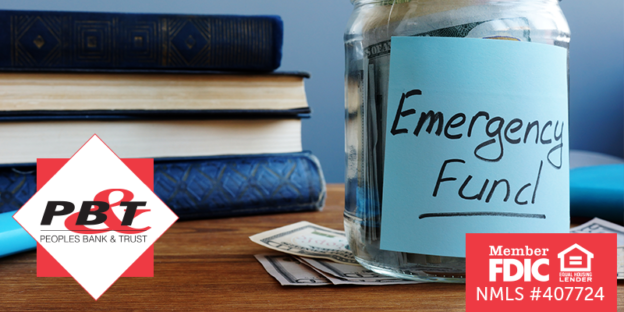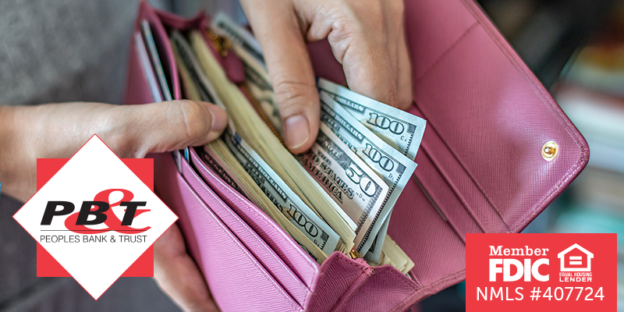In uncertain times, having an emergency fund can provide peace of mind and financial stability. An emergency fund is a savings account specifically set aside for unexpected expenses, such as medical emergencies, car repairs, or job loss. Here’s how you can start building your emergency fund and ensure you’re prepared for whatever life throws your way.
Why You Need an Emergency Fund
An emergency fund acts as a financial safety net, helping you cover unexpected expenses without resorting to high-interest debt. It can prevent financial stress and provide a sense of security, knowing you have a cushion to fall back on.
6 Tips and Strategies for Building an Emergency Fund
1. Setting a Goal
How much should you aim to save? Financial experts typically recommend having three to six months’ worth of living expenses in your emergency fund. This amount can vary based on your personal circumstances, such as job stability and monthly expenses.
2. Starting Small
If saving several months’ worth of expenses seems daunting, start small. Even setting aside a small amount each month can make a big difference over time. The key is to start now and build gradually.
3. Automating Savings
One of the easiest ways to build your emergency fund is to automate your savings. Set up automatic transfers from your checking account to your savings account. This way, you’re consistently contributing to your fund without having to think about it.
4. Cutting Unnecessary Expenses
Take a close look at your budget and identify areas where you can cut back. Reducing non-essential spending, such as dining out or subscription services, can free up money to put towards your emergency fund.
5. Using Windfalls Wisely
Whenever you receive unexpected income, such as a bonus, tax refund, or gift, consider putting a portion of it into your emergency fund. This can give your savings a significant boost.
6. Choosing the Right Account
Keep your emergency fund in a high-yield savings account. This type of account offers better interest rates than a regular savings account, helping your money grow faster while still being easily accessible when you need it.
Building an emergency fund takes time and discipline, but the peace of mind it provides is well worth the effort. Start today, and you’ll be better prepared for whatever financial challenges come your way. At Peoples Bank & Trust, we’re here to help. Learn more about our savings accounts and other services that can help you effectively build your emergency funds.











